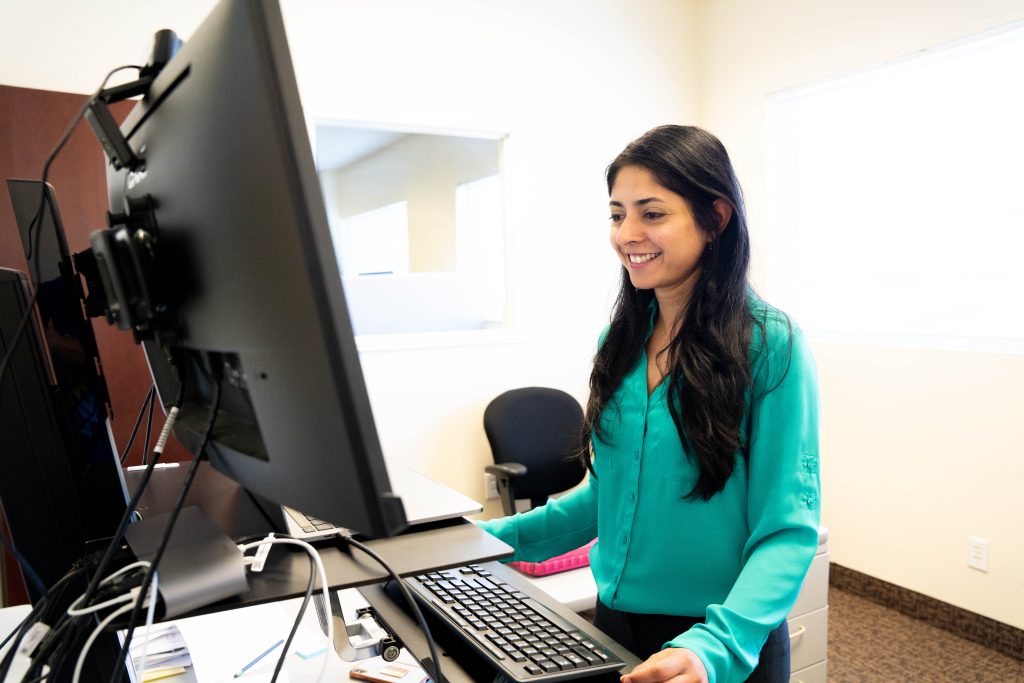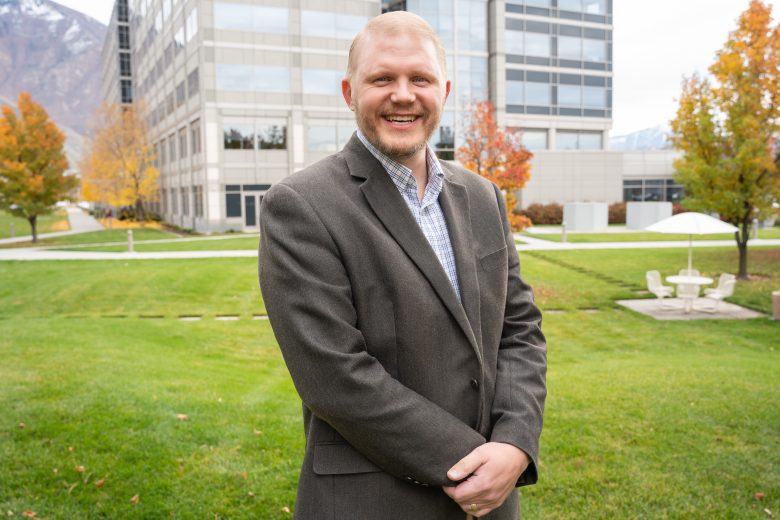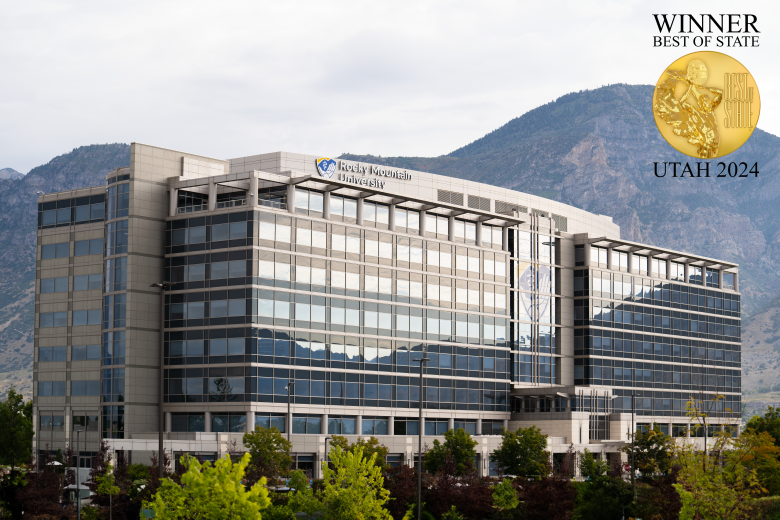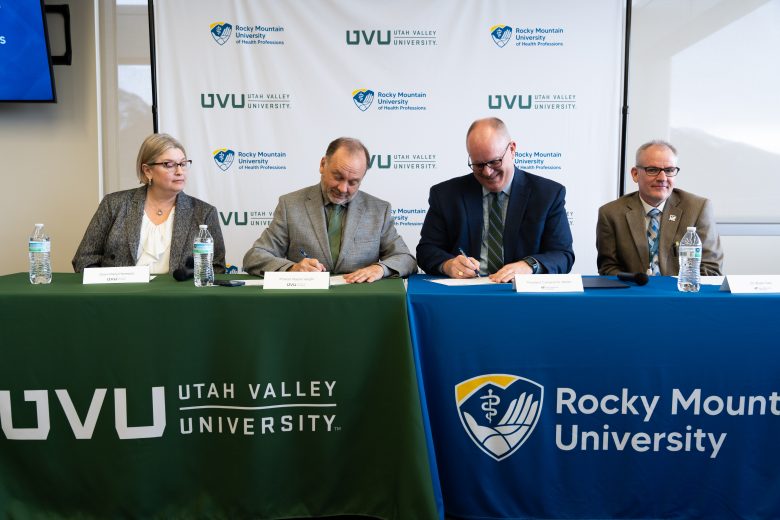
The Office of Research and Sponsored Projects and the Academic Research Committee at the Rocky Mountain University of Health Professions hosted their 6th annual Scholarship Symposium focused on Diversity, Equity, Inclusion, and Justice (DEIJ) in healthcare. The event highlighted a panel of DEIJ experts from around the nation as well as RMUoHP-sponsored research projects and presentations that demonstrate real-life examples of DEIJ in scholarship and research.
Mark Horacek, PT, PhD, MS, Executive Vice President for Academic Affairs & Provost, opened the symposium, emphasizing the need for equity and inclusion in scholarship and research. “Research and scholarship is for all people,” Horacek said. “It must be inclusive in participation and affect.”
He continued, “It’s most meaningful when it results from the desire to improve the human condition equitably and inclusively.” With a diverse world, there is a great need for equity and inclusion. However, many individuals and organizations fail to understand the purpose of DEIJ and often expend only half-hearted efforts to implement it into their company cultures.
Panel member Jeanette Ducut-Sigala, PhD, Science Diversity & Inclusion Program Manager for the Health Science PhD Training Programs at the University of Utah, gave three reasons to champion DEIJ: talent, money, and impact. “Are we harnessing the broadest talent pool, or are we cutting ourselves short?” she asked.
“There’s money out there to support you in addressing those questions and improving your programs. It’s the right thing to do; we do better research, learn from one another’s perspectives, and foster greater innovation,” said Ducut-Sigala.
Diversity and inclusion also addresses the need for representation in all aspects of healthcare. Panel member Evan Papa, PT, DPT, PhD, founding director of the Doctor of Physical Therapy program at Tufts University – Seattle, stated, “The idea that we, as providers, represent the people that we serve is very important.”
Many individuals, however, are not being represented or included like everyone else. Lesley Davis, MA, Assistant Dean for International Programs at Indiana University, described the difficult reality of many Americans who have a disability. “Disability often doesn’t come to the top of mind when we hear DEIJ,” Davis said. “But 61 million Americans, or one in four Americans, have some type of disability.”
She added that whether exclusion is intentional or unintentional, it is something millions of Americans deal with everyday and needs to be addressed to fill inclusion gaps.
How can we create a culture of inclusion and equity? According to panel member Mercedes Ward, PhD, a grant development specialist in the Office of the Vice President for Research (VPR) at the University of Utah, we need to set real initiatives and hold ourselves accountable to them.
“Creating equity doesn’t happen by accident,” Ward said. “It requires intentional practice. Set realistic expectations and follow through.” Ducut-Sigala added, “There are often soft efforts toward good intentions; we need to hold ourselves accountable to this.” She continued, “DEIJ needs to be fundamental to what we do if we want to be relevant and have an impact.”
Lesley Davis and Mercedes Ward further urged attendees to be wary of making plans and taking action for these issues without including those who are the focus of the initiative. “Nothing about us without us,” Davis said. “The research should be about us, but only if you have those people in the room.”
“Shift from conducting research on people,” Ward said. “Partnership with people.”
RMUoHP students and faculty did just that. Following the panel discussion, presenters had the
opportunity to share the methods and findings of their own research projects related to equity and inclusion. The projects investigated a wide variety of subjects and experiences, ranging from the quality of life of total laryngectomy patients to the gendered experience of empowerment in trail runners. Other projects explored the realistic potential for injury in sports like flag football and fencing. All of these projects have either already impacted or have the potential to impact some facet of equity of inclusion in their fields of study, whether in research or application.
“Without science, scholarship, and research we regulate ourselves to the voices of those around us who have more influence than we have,” Horacek said. “That is dangerous for all of us.”
It’s true that as communication collides, fewer voices are heard and fewer perspectives are recognized. It is inevitable that this research will meet resistance and the science will meet cynicism, but those who took part in this symposium have taken a step in the right direction.
For more information on the Scholarship Symposium and the research presentations, visit the event webpage.



